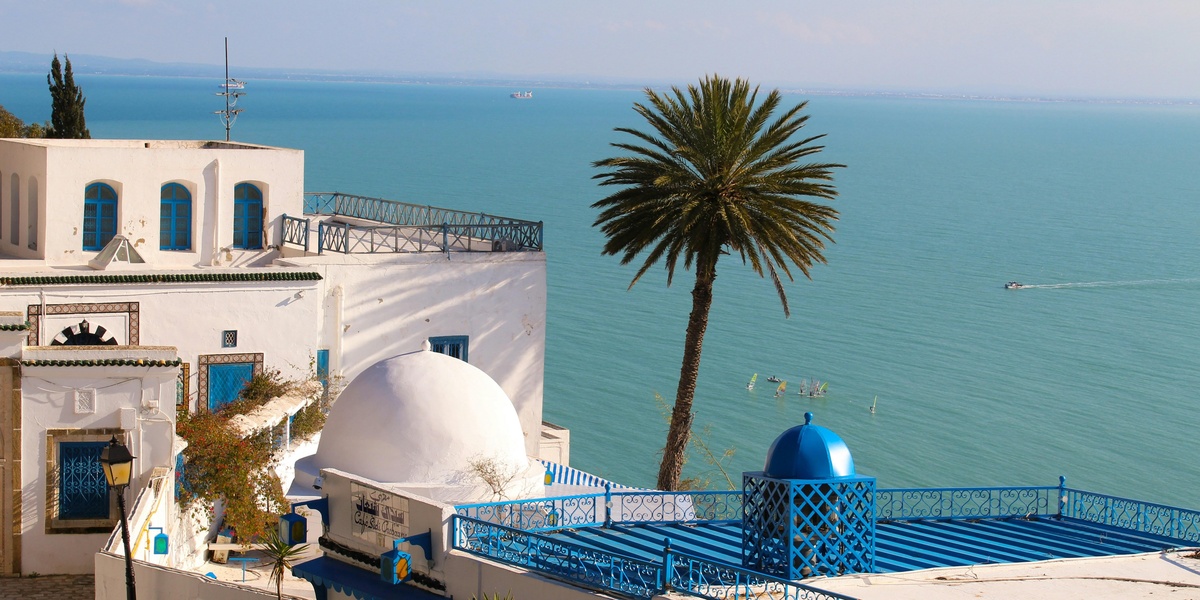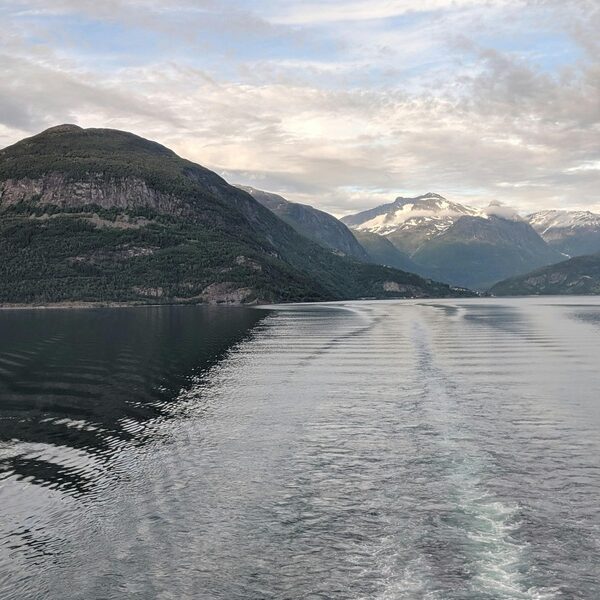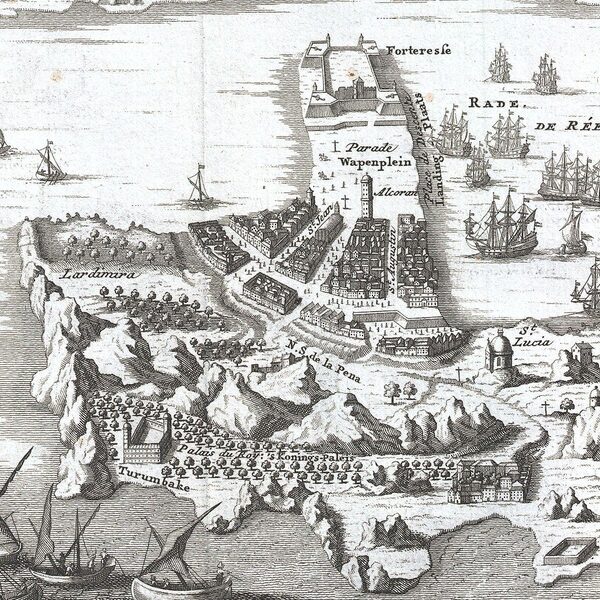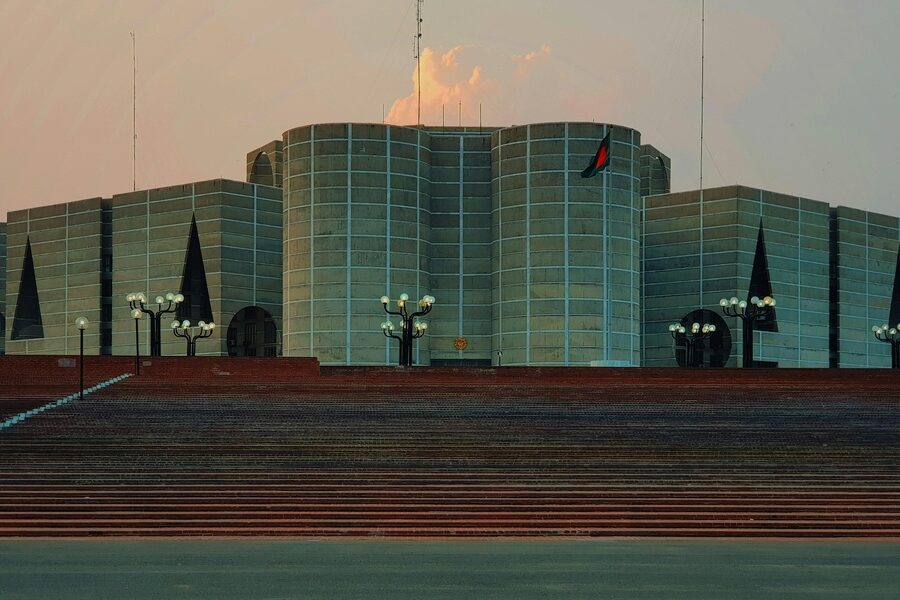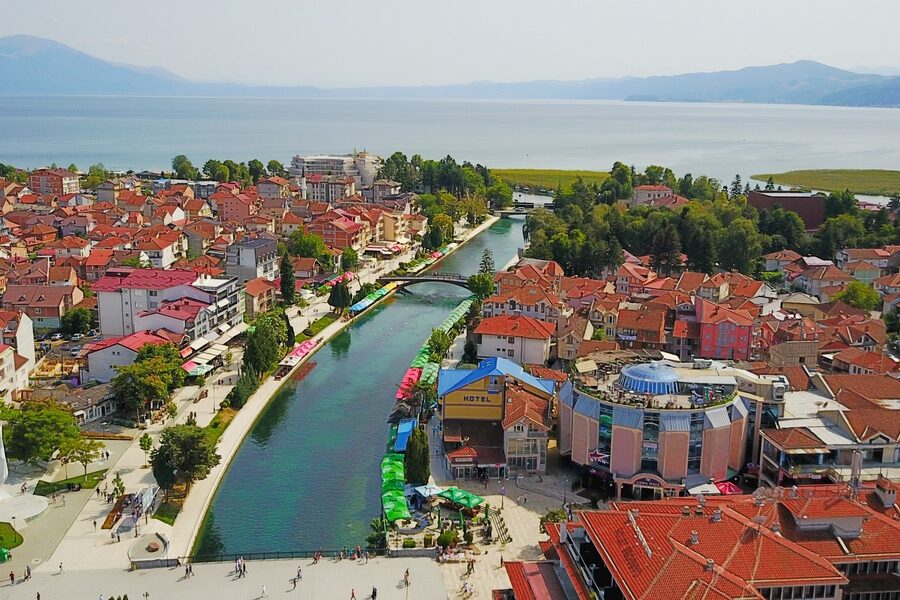In 1956, Tunisia became one of the first North African nations to gain independence from colonial rule, setting the stage for a unique blend of Mediterranean modernity and Arab‑African traditions. Many assume North African life means limited services or instability, but Tunisia challenges that view: Tunisia offers a compelling mix of affordable living, pleasant climate, improving services, rich culture and strategic location — making it an attractive choice for expatriates, retirees and remote workers. This article outlines ten concrete advantages, from lower everyday costs and growing startups to beaches, health services and lively communities. Experiences vary by region (Tunis and coastal cities differ from rural interior areas), so read the examples below to imagine which places might fit your priorities.
Economic & Cost-of-Living Advantages
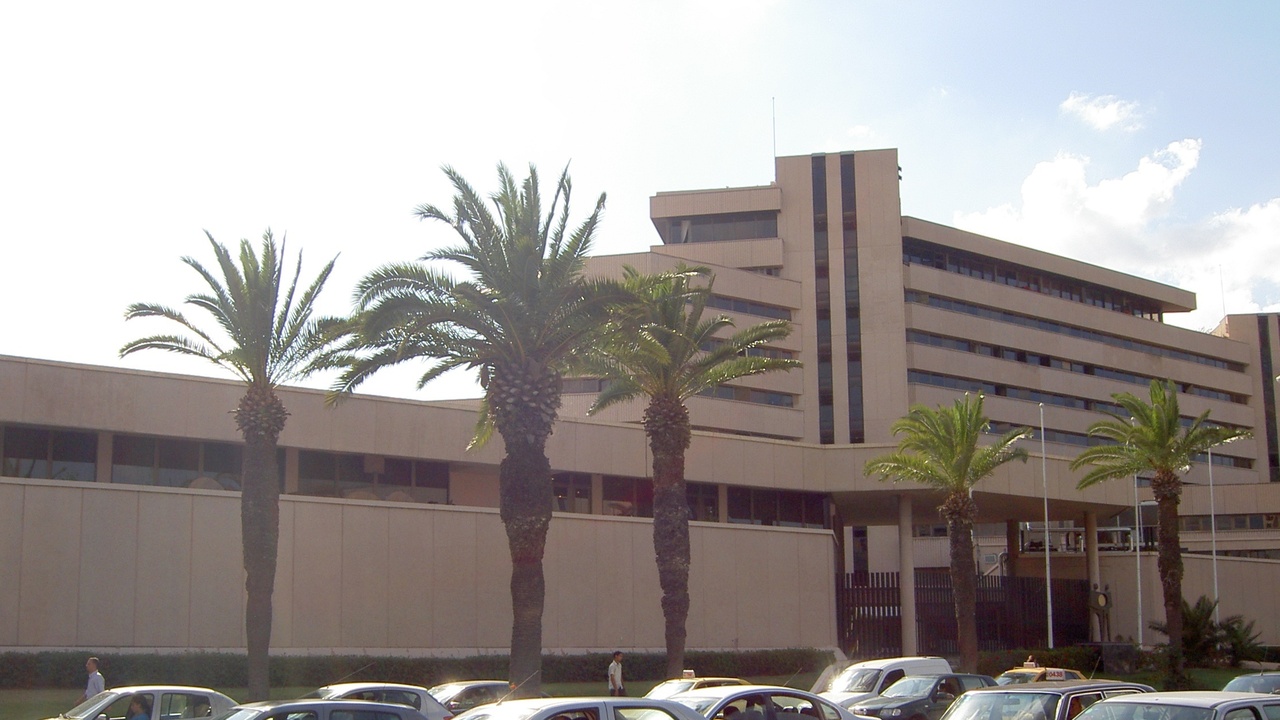
Economic concerns often top relocation lists: housing, food, work and business opportunity shape daily life. Tunisia frequently ranks as more affordable than Western Europe while offering a lively small‑business scene and strategic Mediterranean trade links, which together make it practical for long‑term residents and entrepreneurs (verify figures with the World Bank and Tunisia’s INS).
1. Lower cost of living compared to Western Europe
Tunisia offers significantly lower everyday costs than many Western European cities: rents, groceries and dining can be roughly 30–50% cheaper than places like Marseille or Valencia (see Numbeo or national statistics for updates). A one‑bedroom apartment in central Tunis may rent for considerably less than comparable European coastal cities, while suburban areas and towns like La Marsa or Sidi Bou Said offer varied price points.
Lower prices translate into more disposable income for many residents: a modest budget can cover a centrally located flat, weekly souk shopping, routine dining out and affordable services such as domestic help or cleaners. Public transport in Tunis is also low‑cost, with city fares and shared taxis keeping daily commuting expenses small.
2. Growing entrepreneurship and a supportive small-business scene
Tunisia has an active microbusiness and startup community, especially around Tunis and Sfax. Accelerators and training hubs such as Flat6Labs (Tunis), GoMyCode and coworking spaces like Cogite help founders and remote workers access mentorship and skills training (check UNCTAD and the Ministry of Communication Technologies for sector growth numbers).
Practical benefits include affordable coworking, local bootcamps for ICT skills and a pipeline of junior tech talent. Entrepreneurs can tap local fintech and tourism startup opportunities, and programs run by incubators often link founders with regional markets and investor networks.
3. Strategic location for trade and regional business
Tunisia sits between Europe and sub‑Saharan Africa, with major ports (Tunis/La Goulette, Sfax) and short flights to Southern Europe. Typical flight times from Tunis‑Carthage Airport to Rome or Marseille are about 1.5–2 hours, easing business travel and logistics (airline schedules and port activity available from Tunisian port authorities and airport data).
For import/export firms and logistics providers, that geography reduces transit times to Mediterranean markets. Key export sectors include olive oil, phosphates, textiles and auto components, and many businesses use Tunisian hubs to serve both North African and European customers.
Climate, Geography & Lifestyle
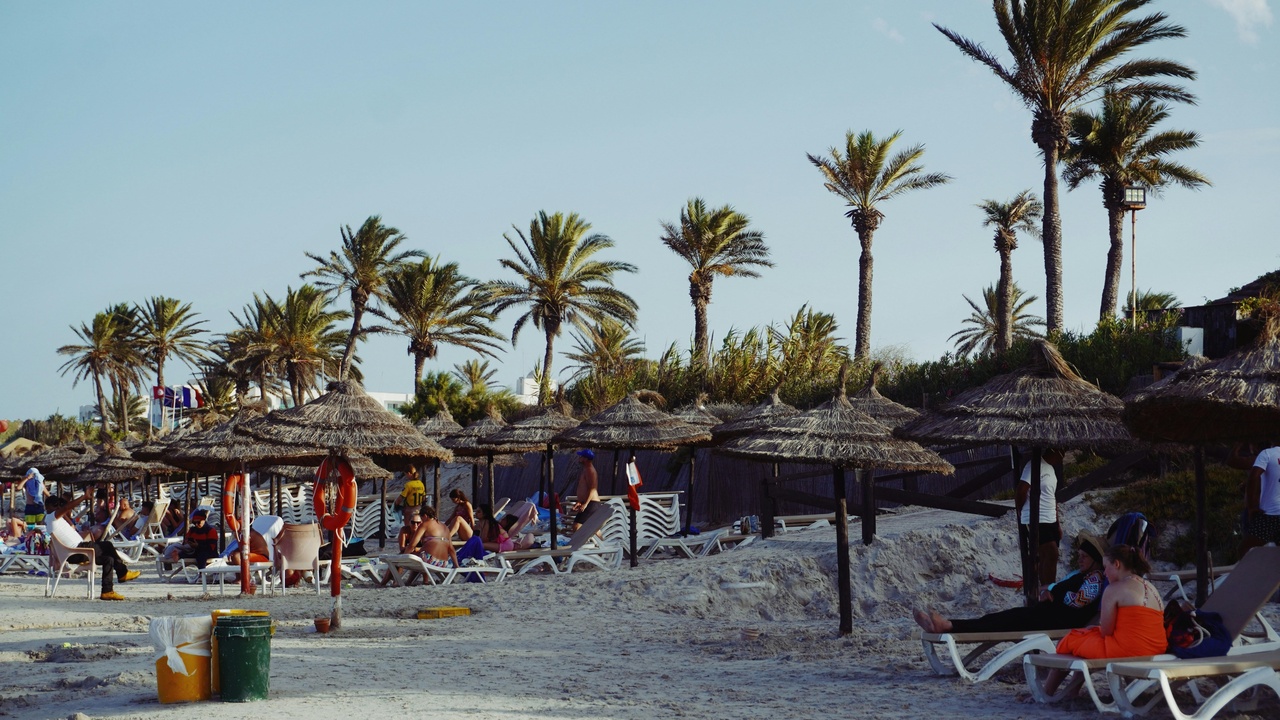
Tunisia’s climate varies from Mediterranean on the coast to semi‑arid inland and Saharan in the south, giving residents choices: coastal towns for year‑round outdoor life, hill country for cooler retreats and the Sahara for desert experiences. That range supports both seaside living and adventure tourism within a few hours’ travel.
4. Mediterranean climate and varied landscapes
Coastal Tunisia enjoys mild winters and warm summers, while interior regions move toward semi‑arid conditions and the far south reaches the Sahara; many areas see about 2,500–3,000 annual sunshine hours (check Meteo Tunisia for exact figures). Towns such as Sidi Bou Said and Bizerte illustrate northern coastal charm, and the Cap Bon peninsula offers scenic seaside villages.
Residents benefit from more outdoor days, lower winter heating bills compared with northern Europe and seasonal tourism that supports local services and amenities.
5. Access to beaches, outdoor recreation and the Sahara
Tunisia puts beaches, mountains and desert within reach: popular coastal spots include Djerba, Hammamet and Sousse, while Douz serves as a gateway to Sahara treks. Beach weekends, windsurfing, hiking and organized 1–3 day desert excursions are practical options for residents and visitors.
Local tour operators run day trips from Tunis to seaside towns and multi‑day Saharan tours from Douz, making outdoor recreation easy to slot into regular life rather than reserved only for long vacations.
6. Short travel times to Europe and regional connectivity
With Tunis‑Carthage Airport and ferry links toward Sicily, Tunisia offers quick connections to southern Europe: flights to Rome, Palermo or Marseille often fall in the 1–3 hour range, and ferries serve seasonal passenger and freight routes. Airlines include Tunisair and several low‑cost carriers on regional routes.
This connectivity helps with business trips, family visits and weekend getaways, and it makes maintaining European ties straightforward for expats who travel frequently.
Healthcare, Education & Infrastructure
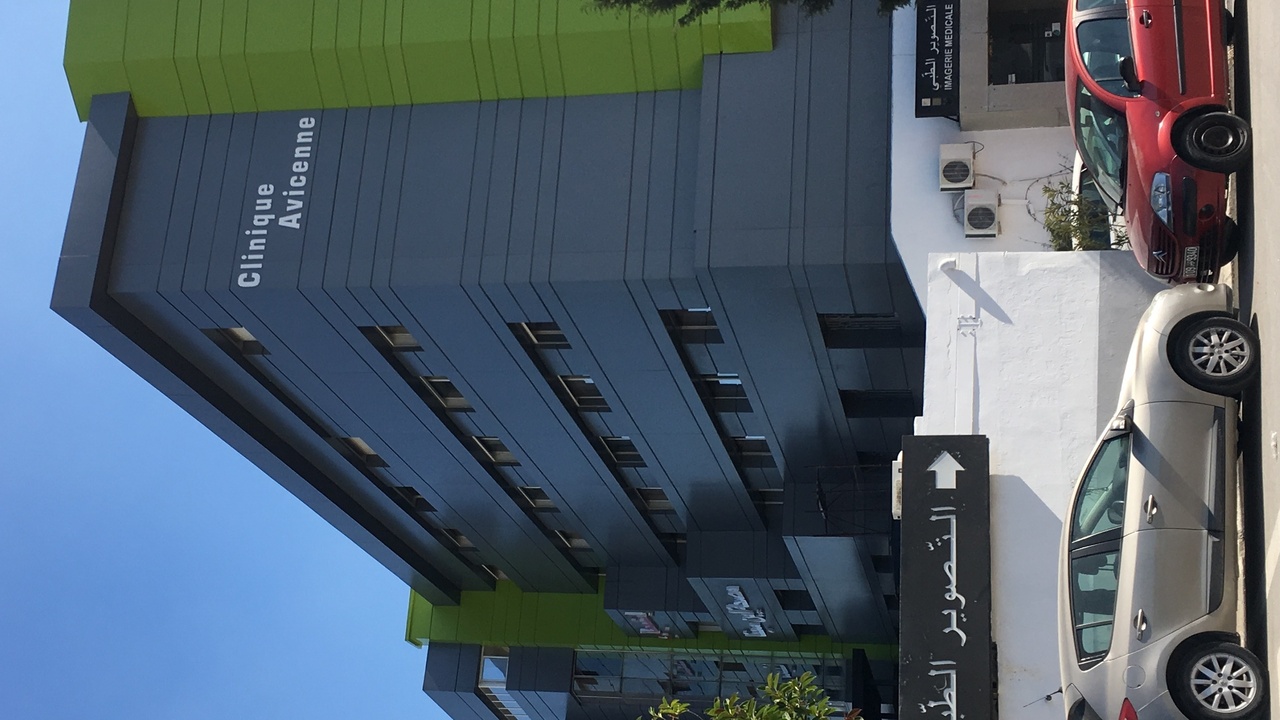
Readers often worry about services after moving abroad. Tunisia offers a mix of public and private healthcare, established universities and improving urban infrastructure in cities like Tunis and Sfax, which together support a reasonable standard of daily life (see WHO, UNESCO and Tunisia’s Ministries for exact figures).
7. Affordable and increasingly reliable healthcare options
Tunisia combines public hospitals and private clinics, with many major cities hosting modern facilities where procedures and dental work typically cost less than in Western Europe. Major private clinics and university hospitals in Tunis handle emergencies and routine care; for specialized treatment some expats use private international insurance (consult WHO and the Tunisian Ministry of Health for ratios and hospital counts).
Lower procedure costs make routine and elective care more accessible for residents, while private clinics offer internationally trained staff and English‑speaking services in larger centers.
8. Established universities, vocational training and improving literacy
Tunisia emphasizes education and posts relatively high literacy and tertiary enrollment for the region (check UNESCO and World Bank data). Notable institutions include the University of Tunis El Manar and the University of Carthage, and private training centers—such as GoMyCode—offer vocational upskilling in ICT.
Families can find international or bilingual schools in Tunis, and adults benefit from coding bootcamps, vocational programs and university extension courses that support career changes or local hiring.
Culture, Community & Quality of Life
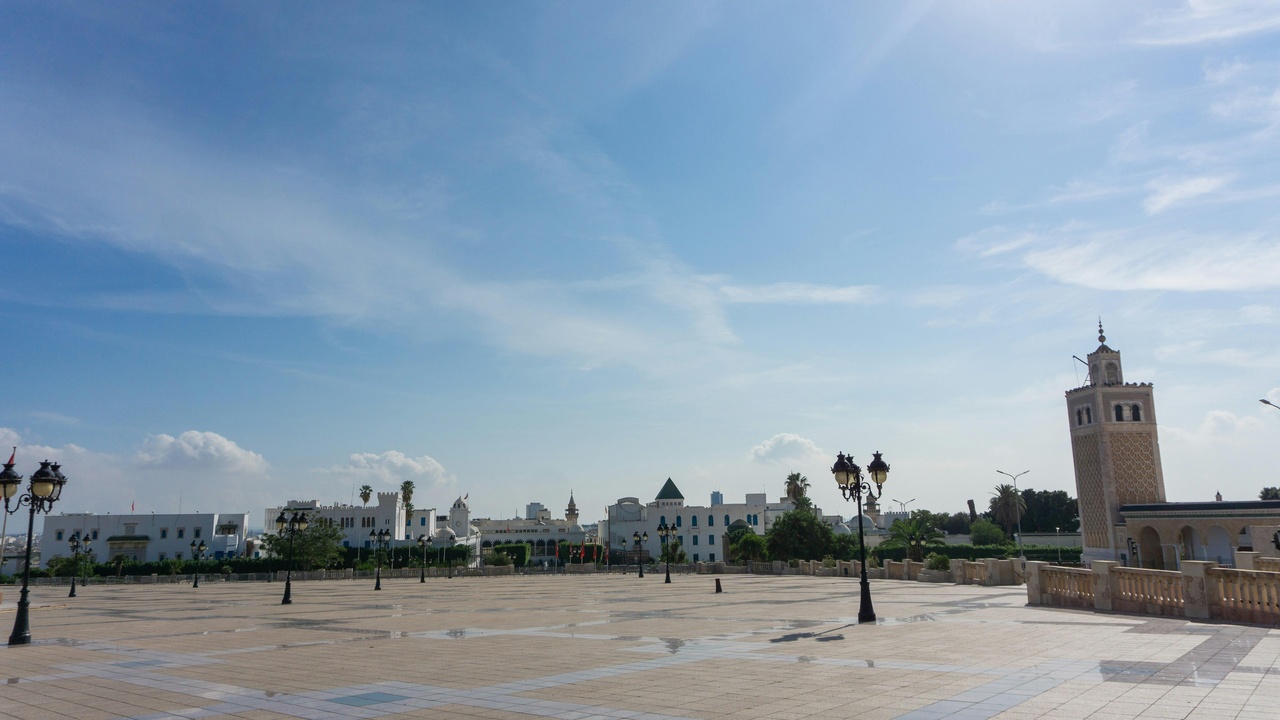
Tunisia packs a rich cultural life, social warmth and a strong sense of place into a country of roughly 12 million people (World Bank estimate). Historic sites, festivals and daily market life shape an everyday quality that many residents—local and foreign—find deeply rewarding.
9. Rich history, vibrant arts scene and memorable cuisine
Tunisia’s long history and crossroads location produce an outsized cultural output: the country counts 8 UNESCO World Heritage Sites including the Medina of Tunis, Carthage, Dougga and El Jem (UNESCO). Cultural events such as the Carthage Film Festival and regional music festivals keep the arts active year round.
Daily life includes bustling souks, cafés and a cuisine that blends Maghrebi and Mediterranean flavors—think brik, couscous and spicy harissa. Visitors and residents benefit from museums, galleries and a lively street food scene in neighborhoods like the Tunis medina.
10. Community ties, expat networks and relative regional stability
Many see Tunisia as one of the more politically plural and socially open countries in the region, with an active civil society and visible expat communities in areas such as La Marsa and Sidi Bou Said. Community organizations, language schools and meetup groups help newcomers integrate.
Practically, that means access to international schools, expat social clubs and neighborhood networks that ease settling in. For visitors, pre‑pandemic tourist arrivals peaked near 9 million in 2019, illustrating Tunisia’s established role as a regional travel destination (Tunisian Ministry of Tourism/World Bank).
Summary
- Affordability combined with Mediterranean lifestyle: lower everyday costs (often 30–50% cheaper than some Western cities) alongside beaches, sunshine and diverse landscapes.
- Growing urban services and entrepreneurship: accelerators (Flat6Labs, GoMyCode), coworking (Cogite) and improving ICT training support remote work and startups.
- Credible public services and regional connectivity: public and private healthcare in major cities, established universities (University of Tunis El Manar, University of Carthage) and short flights to Europe (about 1.5–2 hours to Rome/Marseille).
- Rich culture and community: eight UNESCO sites, festivals like the Carthage Film Festival, and friendly expat neighborhoods (La Marsa, Sidi Bou Said) make everyday life engaging.
- Next step: verify up‑to‑date statistics with sources such as the World Bank and UNESCO, then consider a short scouting trip to Tunis and a coastal town to see which areas suit your priorities.

